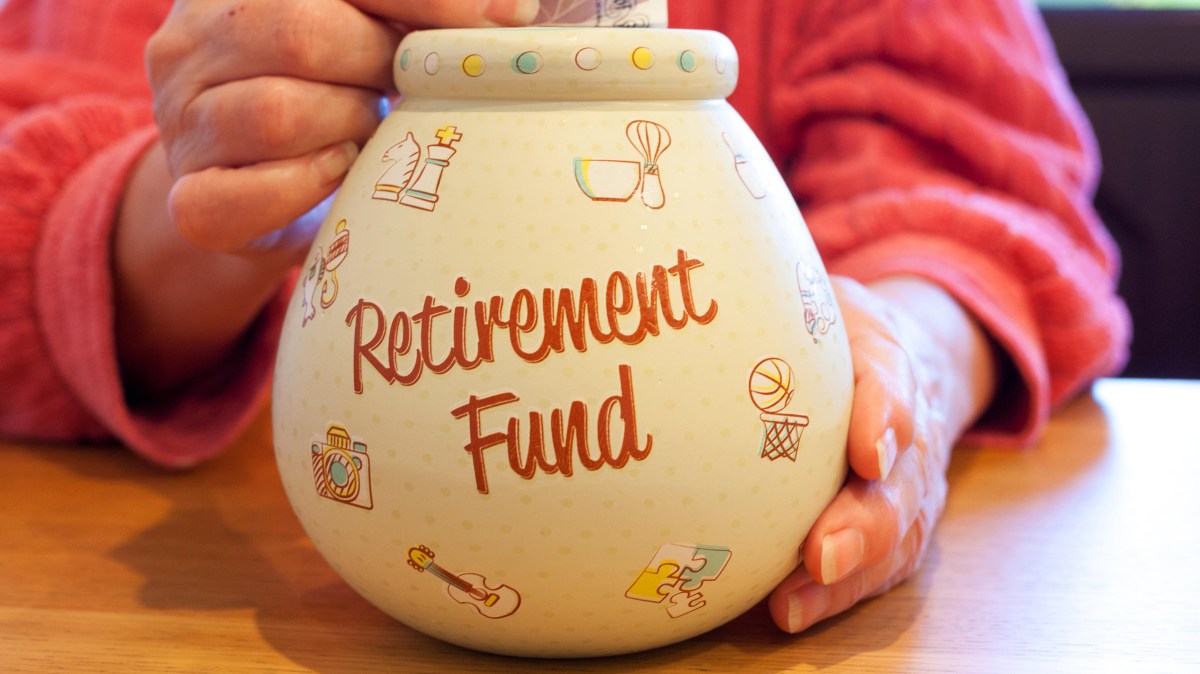The UK’s state pension offers some of the lowest income support in the G7, research shows.
Pensioners in the UK receive less than a quarter (22 per cent) of their pre-retirement salary from the state pension — significantly lower than Italy, where the figure stands at 76 per cent, according to Fidelity International.
Marianna Hunt, a personal finance specialist from the wealth management service, said these gaps reflect a very different approach to retirement provision.
“In the UK, the state pension acts as a foundation or top-up, while in France and Italy it represents the mainstay of retirement income,” she said. “That means, in the UK, it is critical for individuals to save into private and workplace pensions to secure their financial future.”
Pension systems wildly vary between countries and comparisons can not be done like-for-like. The UK’s lighter tax burden contrasts with higher social security contributions in countries such as France and Italy, where state pensions are more generous.
The UK’s state pension is £230.25 per week, rising to £241 a week, or just over £12,500 a year. The figures do not take into account additional support that is available in the UK — including pension credit, council tax reduction, the winter fuel payment and free prescriptions for those aged over 60.
The UK also comes the closest to offering a healthcare system that is entirely free at the point of contact, which is more likely to be used by those in retirement. While Canada and Italy rely on the taxpayer to fund their systems, Canada has significant out-of-pocket costs.
In Germany, France and Japan, patients often contribute via co-payments, or user fees for services, with many holding private insurance to cover costs. In Japan, those aged over 75 are automatically enrolled into a healthcare insurance system where premiums are determined based on their income and deducted from pension payments.
The United States has no universal healthcare system and relies on a mix of private insurance and employer-provided plans to pay for medical costs. Many retirees have Medicare, which requires them to pay premiums, co-payments, and deductibles.
A longer, healthier retirement
Fidelity looked at three key measures when comparing insurance offerings — the gross replacement rate, expected number of years receiving state pension and the percentage of government spending on old-age pensions.
The data used the most recent like-for-like comparison, the Organisation for Economic Co-operation and Development’s Pensions at a Glance 2023 report. But the amount received is not as straightforward as the UK, where you know you will get just over £12,000 a year if you are eligible for the full amount.
In France, your state pension depends on what you earned; it is calculated by averaging out the 25 highest earning years across your career and giving you 50 per cent of that figure up to a limit of €23,184 a year or €1,932 a month — equivalent to £419 a week.
Meanwhile in Italy, where payments are based on lifetime earnings, the average replacement rate is 76 per cent. So someone earning an average salary of €40,000 may expect an average pension income of approximately €576 a week.
The figures also found a clear difference across the G7 in how long retirees can expect to receive the state pension. In France, it is almost 27 years, compared with just under 19 in the United States. A longer life expectancy in Japan means more than 24 years of payments, while the UK, again, sits towards the lower end of the scale at 20 years.
Alongside general life expectancy, France and Japan lead again when looking at healthy life expectancy — the number of years spent in good health after retirement. Retirees in those countries can expect to spend 16 healthy years in receipt of a state pension, compared to 12 healthy years in the UK, Germany, and Italy.
In the UK, today’s state pension is largely funded through national insurance contributions, whereas in Italy, employees contribute between 9 and 11 per cent of their salary to social security, which covers pensions and other benefits.
The UK spends less on state pensions as a percentage of GDP (6.5 per cent) than other countries, although this is rising because of the “triple lock” guarantee.
Making up the shortfall
For savers in the UK, the onus is on them to make up the shortfall, Hunt said.
She added: “The good news is that, by acting early, with even small increases to contributions, people can put themselves in a much stronger position to enjoy the retirement they want.”
Figures from Fidelity found that someone aged 45 earning the UK’s average salary (£37,430) and hoping to retire aged 68, could add more than £22,000 to their retirement pot by boosting their contributions by 1 per cent.
Someone aged 25 earning the same salary could see their pot increase by £96,300 by doing the same, because of the power of compound investing.

